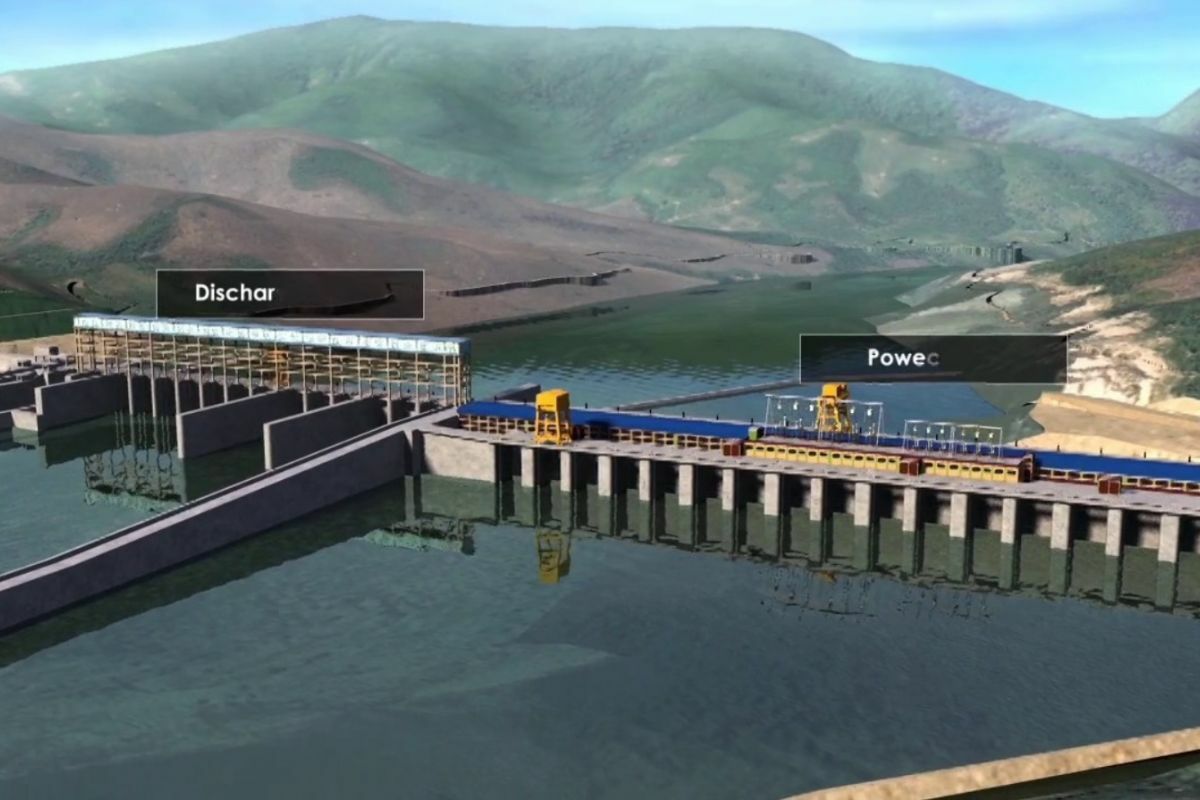Gulf Energy and China Datang collaborate on Thai-Laos hydroelectric project

Gulf Energy Development Plc has teamed up with China Datang Overseas Investment Co (CDTO), a subsidiary of a mainland energy firm, to ink a tariff memorandum of understanding (MoU) with the Electricity Generating Authority of Thailand (EEGAT) for the Pak Beng hydroelectric power project. The announcement was made in a statement to the Stock Exchange of Thailand.
The Pak Beng Power joint venture sees Gulf taking a 49% stake, whilst CDTO holds a 51% equity stake with a mission to operate the Pak Beng project. The parties have also agreed to a power purchase contract with EEGAT. This agreement spans 29 years from the commercial operation date, with electricity tariffs averaging 2.7129 baht per kilowatt-hour.
With a total investment cost of 100 billion baht, the Pak Beng project is currently securing loans from various financial institutions. The expectation is for the deal to close by the end of 2024, with construction taking around eight years to meet the planned operational start date in 2033.
Situated on the Mekong River in the Pak Beng district of Oudomxay province in Laos, the project has an installed capacity of 912 megawatts. The electricity generated is expected to be sold entirely to EEGAT.
This endeavour is part of the MoU between Thailand and Laos, aimed at fostering energy development in Laos. The goal is to promote decarbonisation and bolster the adoption of clean energy throughout the transition period. As per the MoU, power will be procured from projects developed in Laos and dispatched via the cross-border electricity transmission system.
With rising power demand from an increase in electric vehicle usage, the Pak Beng project is primed to accommodate this surge. The purchase of electricity from this project is projected to mitigate fuel price volatility, thereby reducing power bills for households and the industrial sector during the contract’s tenure.
The project’s electricity production cost is lower than the current average electricity price, which stands at 4-5 baht per unit. The power purchase agreement also outlines the proportion of raw materials and goods from Thailand used, as well as the personnel, employment, and services utilised during construction.
This is anticipated to stimulate economic development and boost employment within the country, reported Bangkok Post.
Latest Thailand News
Follow The Thaiger on Google News:


























